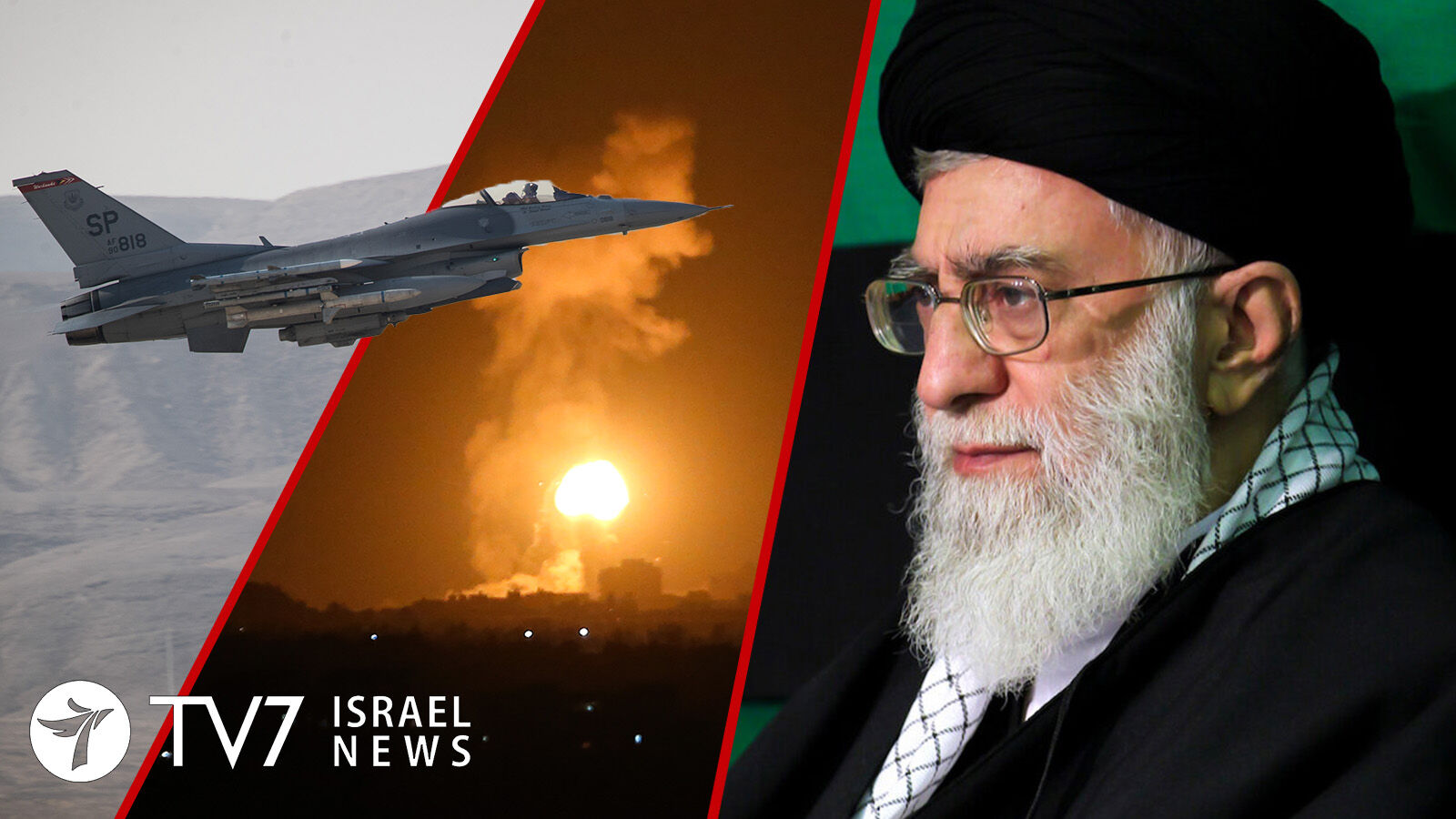“We remain committed to a diplomatic outcome of the nuclear issue. But if Iran isn’t willing to engage seriously, then we will look at all the options necessary to keep the United States secure,” said US Defense Secretary Lloyd Austin.
By Erin Viner
The US defense chief made the comments in Bahrain amid a visit to the Gulf meant to reassure allies in the Middle East that the administration of President Joe Biden’s administration remains committed to the region despite its increasing focus on China.
Even though Washington will return to the upcoming indirect talks with Tehran to negotiate the return of both nations in good faith., Austin stressed that “Iran’s actions in recent months have not been encouraging – especially because of the expansion of their nuclear program.”
There is rising concern in the West that Iranian nuclear advancement toward attainment of nuclear weapons may be hard to reverse, particularly in the 29 November Vienna Talks fall short of the objective of securing Tehran’s compliance with the 2015 Joint Comprehensive Plan of Action (JCPOA). The Islamic Republic has openly violated atomic limits since former US President Donald Trump withdrew from the pact in 2018 and re-imposed harsh sanctions on the country.
US allies in the Mideast are are now closely watching efforts to revive the JCPOA. While Israel has consistently maintained that Iran cannot be trusted to honor any nuclear deal, Gulf states have pressured the US to ensure that the pact be re-negotiated to curb Iran’s ballistic missile program and destabilizing behavior in the region. The Arab countries, which are dependent on American military support, have expressed uncertainty about Biden’s focus on the region, especially after the US. withdrawal from Afghanistan.
Emphasizing that the US remains committed to countering Iran even as it strives to revive the 2015 nuclear deal, Secretary Austin said, “Let’s be clear: America’s commitment to security in the Middle East is strong and sure.”
A senior US defense official speaking on condition of anonymity said Austin is not expected to make new commitments during his visit. Former Saudi intelligence chief Prince Turki al-Faisal, who attended the Manama security forum where Austin spoke, was cited by Reuters as welcoming verbal assurances but saying that “demonstrative actions are equally important.”
Riyadh, one of Washington’s closest regional allies, has been frustrated by White House pressure to improve its human rights record and end the war in Yemen.
Saudi Arabia is not on the itinerary of Secretary Austin’s current tour, even though he canceled a talks in the Kingdom slated to be held last September at the last minute.
